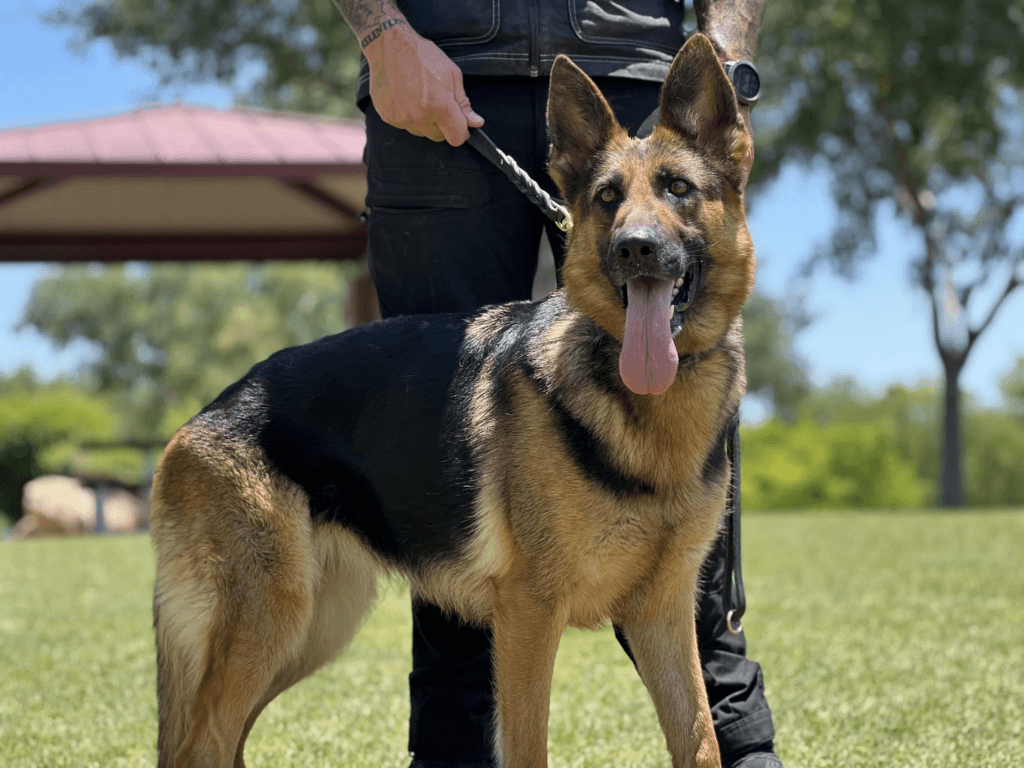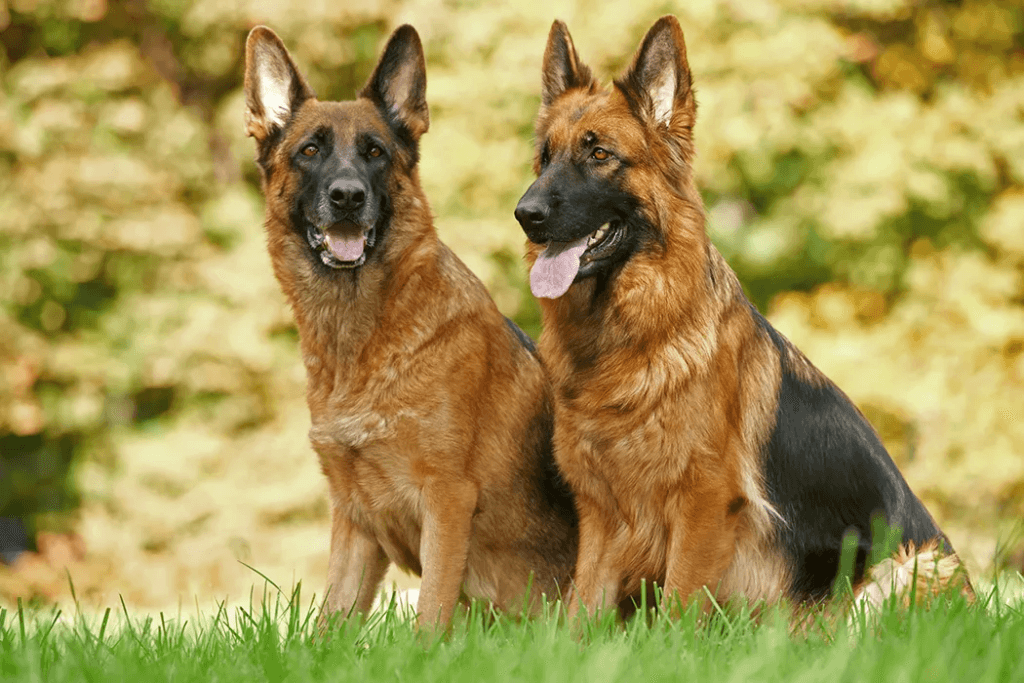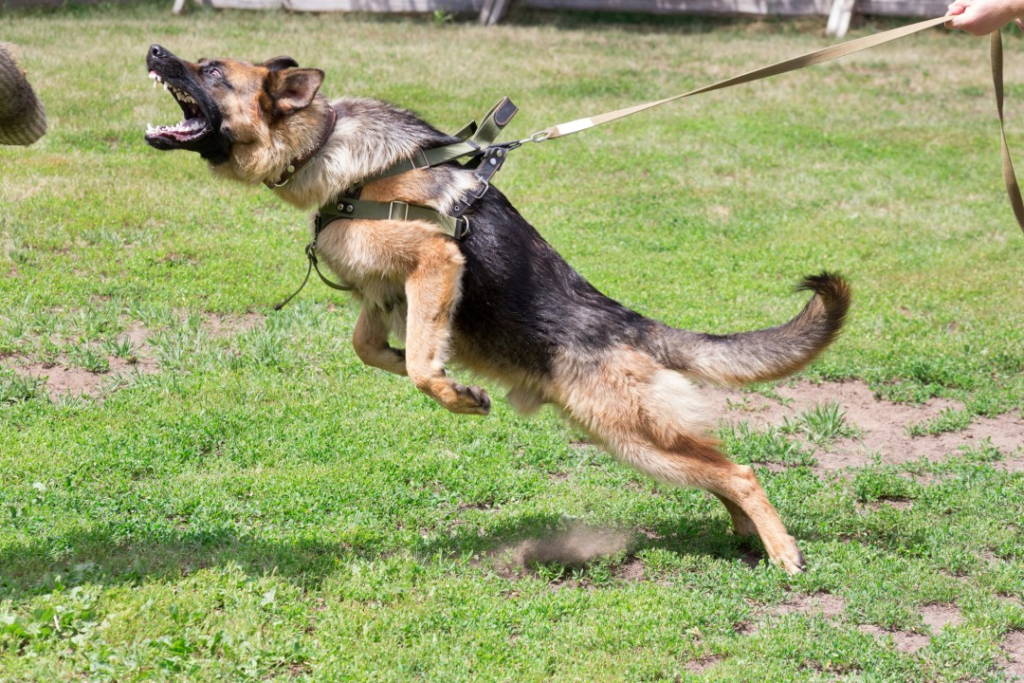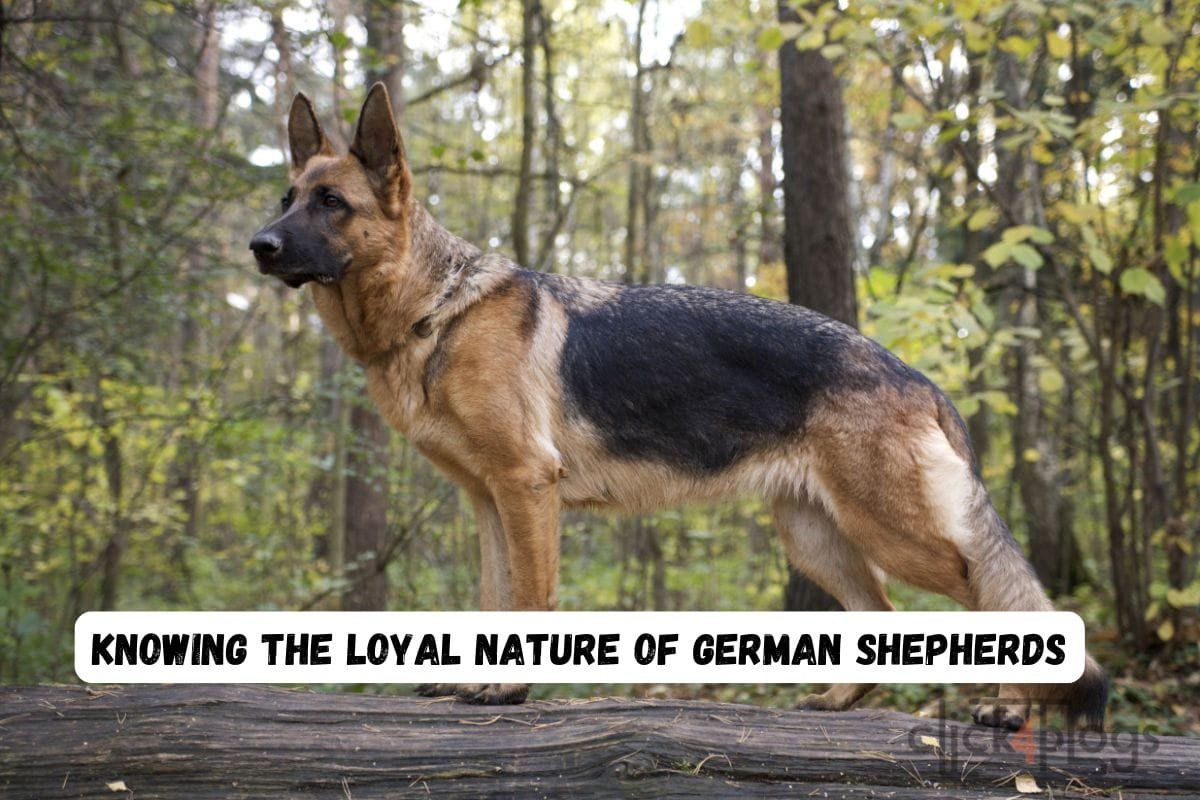German Shepherds, also known as GSDs, are one of the most popular dog breeds worldwide. Their intelligence, boldness, and versatility set them apart from other breeds. But what actually distinguishes German Shepherds is their unwavering loyalty. This innate sense of devotion makes them not only excellent companions but also exceptional working dogs in various roles, such as police work, search and rescue, and service animals. Their loyalty is more than just a trait; it’s a defining characteristic that creates a deep bond with their owners, ensuring they are always by your side, ready to protect and serve. Whether they are safeguarding a home, guiding someone through daily challenges, or simply being a loving family member, German Shepherds’ loyalty is truly unparalleled. It’s this blend of dedication and affection that makes them a favorite choice for families and individuals alike, offering not just companionship, but a lifelong, trusting partnership.
The Bond of Loyalty: A Natural Instinct

Loyalty in German Shepherds is more than just a learned skill; it is an integral part of their being. These dogs were initially bred in Germany to herd sheep. This profession demanded them to be vigilant, protective, and committed to their flock. These characteristics have been passed down through generations, making loyalty a defining feature of the breed.
When a German Shepherd creates a link with their owner, it’s as if they’ve discovered a new “flock” to guard and serve. They will typically stay close to their owner, watching their every move and always ready to intervene if necessary. This deep bond is what distinguishes them as reliable and trustworthy companions.
Loyalty in Action: A Protective Nature

One of the most obvious ways German Shepherds demonstrate devotion is through their protective nature. They are naturally apprehensive of strangers and can be extremely protective of their loved ones. This does not imply that they are violent by nature, but they have a clear sense of when something is wrong, and they will not hesitate to defend their loved ones if they believe it is essential.
This protective instinct is one of the reasons German Shepherds are frequently employed as police and military dogs. Their loyalty motivates them to risk their lives to protect those they care about. A German Shepherd’s loyalty can serve as a true safeguard, whether in a professional context or at home.
Loyalty Through Thick and Thin: A Companion for Life

German Shepherds are not just protective; they are also extremely devoted. Once they’ve formed a bond with you, they’re committed for the long haul. This breed is recognized for always being by its owner’s side, through good and terrible times. They are the type of dog that will notice when you are upset and will try to console you. Their steadfast support reflects their loyal nature.
For many owners, their German Shepherd provides emotional support. These dogs have incredible intuition and appear to understand their people on a deep level. They are always present, providing silent support and company, making them an invaluable member of the family.
Training and Loyalty: A Perfect Match

Training a German Shepherd can be a rewarding experience due of their commitment. They like to please their owners and will work hard to understand and obey orders. This enthusiasm to learn, combined with their innate devotion, makes them highly trainable, whether for basic orders, complex activities, or even specialized responsibilities such as search and rescue.
Their commitment also means that they are very responsive to positive reinforcement. When they feel valued and cherished, their link with their owner grows stronger, making them more dedicated and dependable. This makes German Shepherds not just obedient dogs, but also willing participants in any activities or duties you perform together.
The Social Aspect of Loyalty

While German Shepherds are highly loyal to their family, they can also be gregarious and friendly with others if given the proper environment and training. Proper socializing begins at an early age, allowing children to understand when to be protective and when to relax around new people and surroundings. This balanced attitude makes them not only dependable, but also adaptive and well-rounded friends.
For families, this means that a well-trained German Shepherd can be both a loving pet and a vigilant defender, easily integrating into all aspects of family life. They are the type of dog that will be gentle with youngsters while also standing watch over them with everlasting loyalty.
Conclusion
The loyalty of a German Shepherd is quite remarkable. It’s a feature that has been passed down through generations, making them one of the most loyal and protective breeds around. Whether you want a dog to stick by your side through thick and thin or a dependable guardian for your family, a German Shepherd’s loyalty makes them an excellent choice. Their attachment with their owners is strong and lasting, transforming them from mere pets to cherished family members.
FAQs
Are German Shepherds faithful to a single person?
German Shepherds can be devoted to a single person, particularly if that person is their primary caregiver, but they can also build close ties with their entire family.
Can a German Shepherd’s loyalty pose a problem?
Their loyalty might lead to overprotectiveness if not properly educated, thus it is critical to socialize them carefully.
Are German Shepherds loyal to other pets?
Yes, with the right socialization, German Shepherds may be loyal and protective of other dogs in the family.
How can I increase the loyalty of my German Shepherd?
Spending quality time, continuous training, and positive reinforcement will help to improve your German Shepherd’s bond and devotion.
Do German Shepherds make suitable family pets?
Absolutely! Their devotion, intellect, and protective temperament make them ideal household pets.













